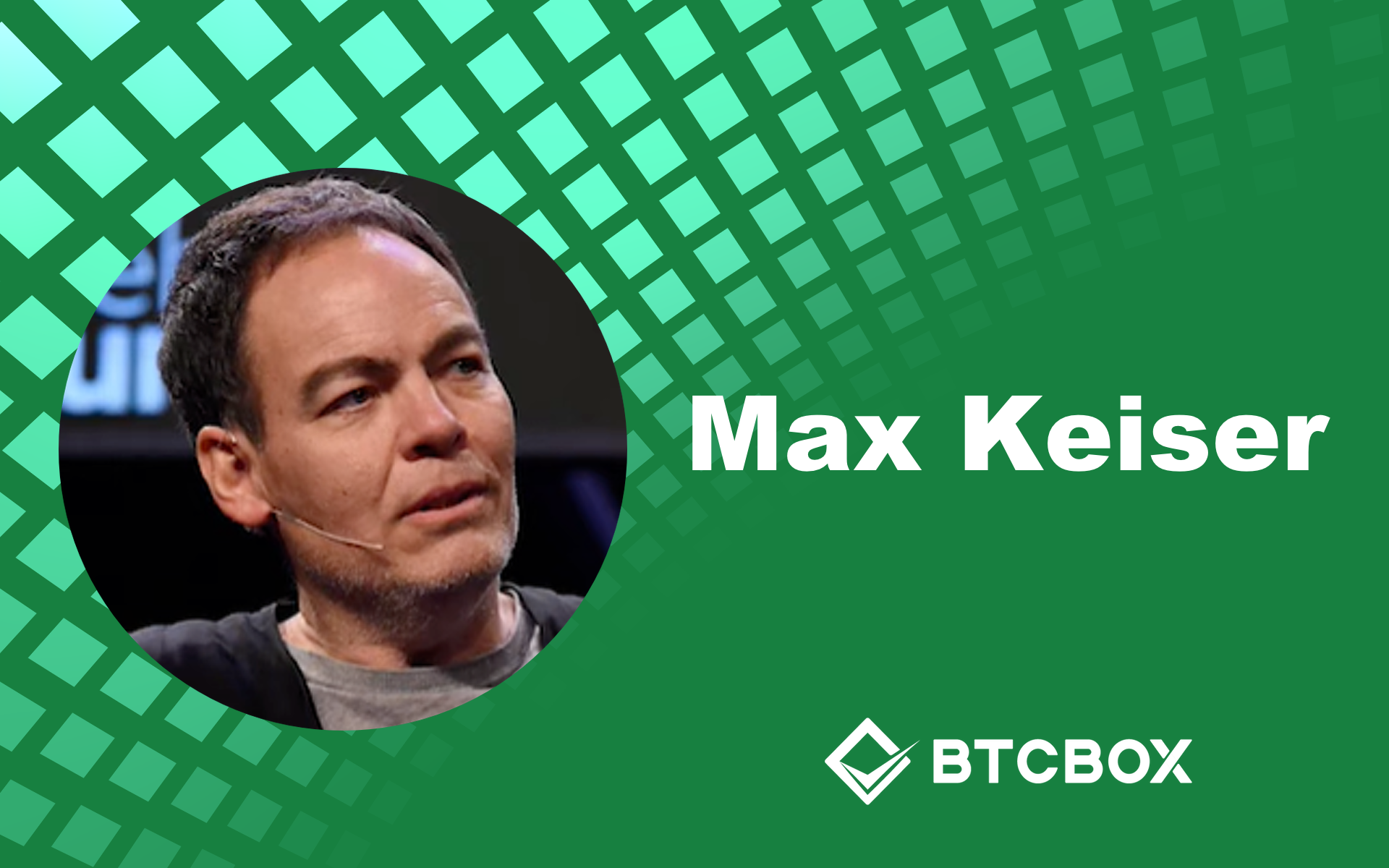 Blog
BlogCrypto Industry in Taiwan : Interview with Jason Hsu Crypto Congressman ①
I think it's important to understand the long-term implications of cryptocurrency, whether it's a way to change or get countries to think about how the central bank has to figure out an alternative way for current monetary systems; a way to develop a less politically affected monetary system. Thus, I think the way that cryptocurrency is being perceived around the world is also a reflection of how societies are being perceived. Meaning, every country has its own narrative, and due to their differences in their narratives, they are treating cryptocurrencies and blockchains differently.












